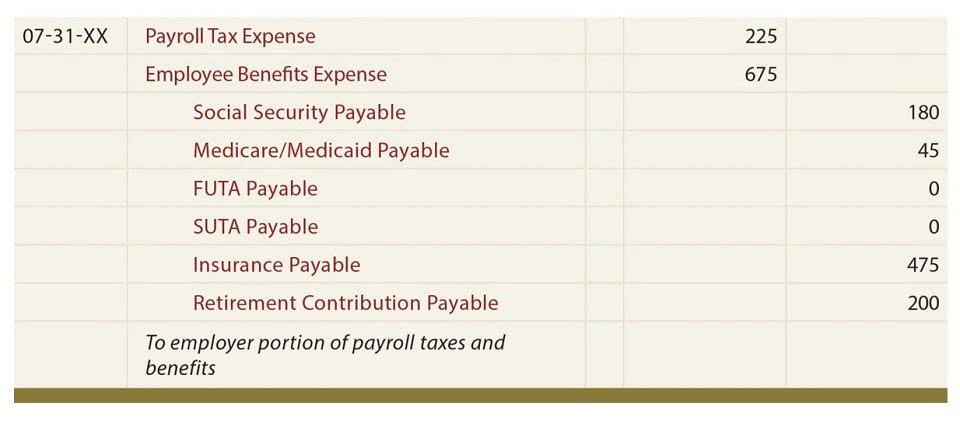
With the number of obligations required in this category, it can make management a bit tricky when compared to the B- or C-corp status. Income losses don’t receive the same treatment under the tax law. Sole proprietors and some general partnerships or LLCs can deduct expenses from business operations to the extent where an income loss occurs. When this outcome happens, the figures can reduce personal income levels to the point where it is no longer necessary to pay tax obligations. Limits to the amount of income splitting that’s permitted exist so that there is some level of tax liability present at all times.
Business
Selecting the right type of corporation depends on your business goals. If you aim to attract investors and grow quickly, a C Corporation might be the best choice. If you want to avoid double taxation and meet certain eligibility criteria, consider an S Corporation. For those focused on social good, a B Corporation could be ideal. Nonprofits are best for those dedicated to charitable missions. Always weigh the pros and cons retained earnings balance sheet and consult with legal and financial advisors to make the best decision for your business.
Extensive record-keeping and reporting requirements
- Taking the entrepreneurial plunge isn’t just about having a flashy title or controlling your work hours.
- However, you can play it the smart way and beat these issues with a simple self-care routine.
- Forming a corporation can be expensive and time-consuming compared to other business structures like a sole proprietorship or partnership.
- While this problem has existed for all corporations for a long time, there is no definite solution to it.
- When it comes to forming a corporation, there are several common misconceptions that can lead to confusion.
Because liability is limited, creditors cannot go after Bookkeeping for Consultants partners’ personal assets for company debts and liabilities. The LLC is more complex to maintain than a sole proprietorship or general partnership, as annual filing requirements exist. This makes it a good option for business owners wanting to limit liability without adding a lot of extra work. A limited liability company (LLC) is a business structure that limits the personal liability of LLC members. The LLC becomes an official business entity once it is registered with the Secretary of State in the state in which the business resides and operates.
Do You Need an LLC? Pros and Cons (+ Alternatives)
LLCs also provide more flexibility than other business types as to how taxation functions. LLCs are automatically taxed as either a sole proprietorship or partnership, depending on whether there’s one member or multiple members. Members report their share of business income and expenses on their personal tax return and pay personal income tax on profits.
What Is A Limited Liability Company (LLC)? Definition, Pros & Cons

This may include tapping into your life’s savings, mortgaging your home, or getting a loan with no guarantee of an income, especially when the business is just getting started. If the business does not go well, you stand to lose financially. A foreign LLC simply refers to one that operates in a different state than the one it was formed advantages of owning a corporation in.


Instead of worrying about whether an employee shows up for their shift or not, the franchisor is focused on the big picture for business success. When trying to grow your small business, starting a franchise can make opening multiple locations a much simpler process. The franchise agreement will likely stipulate that the franchisor can oversee the entire financial ecosystem of the franchise.

Limited liability protection
And do you have a backup plan, (or another source of income), if things don’t go well and you face a substantial financial loss? Will you give up a regular paycheck in order to start your business, and if so, will you be able to pay your bills or sustain your lifestyle? The unfortunate reality is that 4 out of 5 businesses fail within the first 5 years. On a positive note, start-ups with 2 partners are typically most successful. At one time or another, most of us have thought about starting and/or owning a business. We relish the thought of being our own boss, making much more money than if we worked for someone else, and the idea that we have job security (Ex. No one can fire us).
Efficient growth
Corporations must follow strict rules and formalities to stay compliant. This includes holding regular meetings with the board of directors and keeping detailed records of corporate activities. These requirements can be a constant burden and add extra costs without adding real value to the company.

Recent Comments